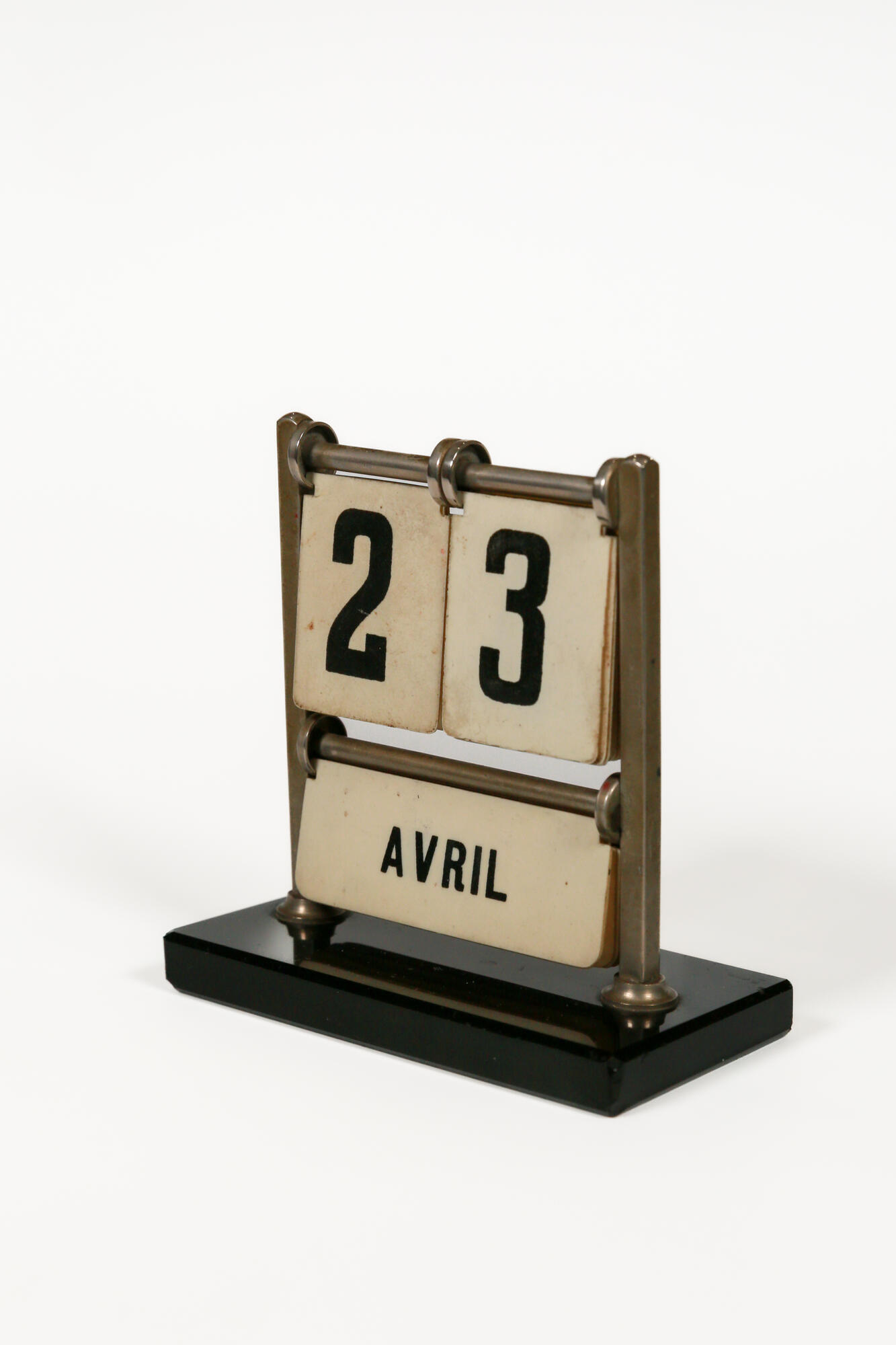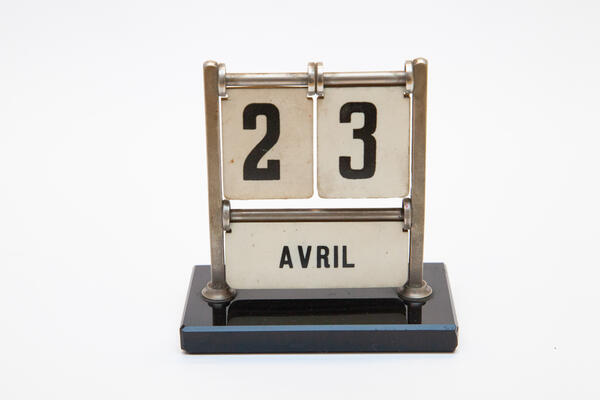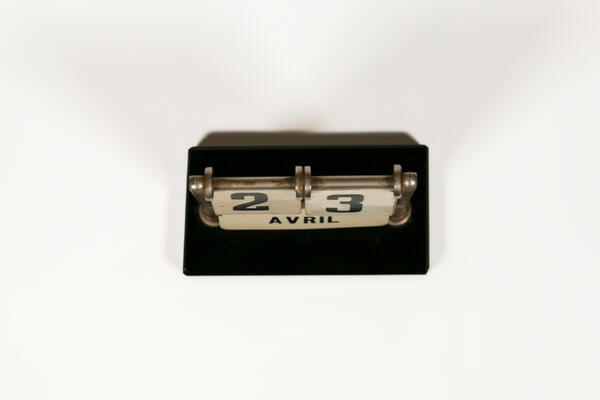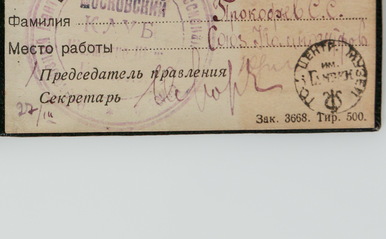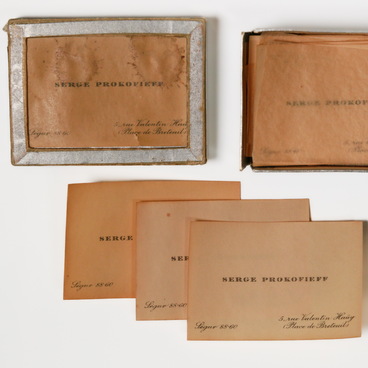Sergei Prokofiev had a remarkable tradition. Each year, he made sure to give a detailed account of the New Year celebrations in his diary.
In 1918, the composer emigrated to the United States, and his year was thirteen days shorter than usual because he welcomed the year in according to Old Style and saw it off according to New Style. Prokofiev was bewildered by the way Americans celebrated New Year’s Eve. He described it in detail in his memoir, “…it is not the custom here to greet the New Year with solemn ritual, the clocks do not strike twelve slow chimes while everyone stands, gripped by the solemnity of the hour and reflecting on hopes, wishes and memories until the moment when the host, with raised glass, pronounces the first toast of the year. There is not the tradition here, nor the dear, humble superstitions. When I took out my watch at a quarter to twelve, the hostess, sitting next to me, asked: ‘Surely you are not rushing off? ’ ‘No, ’ I replied, ‘but I should like to know how near we are to the New Year.’ ‘Don’t worry, when it comes there will be such a racket.’ And indeed, a racket there was. People whirled rattles, tinkled little bells, blew toy trumpets. In front of every place at the table was some kind of object to make a noise with. The racket went on for five minutes, after which we all stood up and drank champagne — which, as a matter of fact, we had been already drinking for some time — and clinked glasses with our neighbors. Yes, the way New Year is welcomed in here is juvenile, silly, gay and trivial. The childishness may well mask a deeper, unconscious wisdom. But it has no poetry.”
In 1926, Prokofiev celebrated New Year’s in the middle of the ocean. In late December 1925, he boarded a steamer in France and once again set out for the United States. His recollection of the event can be found in his diary, “We did not greet the New Year as the following morning we were due in New York and the previous evening there had been a ball and we were very late to bed. Ptashka and I had a tiff; she had tired herself out with all the packing of the trunks, said she wished she was not coming to America at all and would definitely not come to California. The ball was fancy dress, with prizes, but we did not participate. The best part of it was coming out on deck and comparing the bright lights, music and glittering costumes inside with the snowstorm outside. The rolling of the ship added to the entertainment value of the dancing.”
In 1927, the composer welcomed the New Year three times, according to various time zones. During that period, he was living in Paris. Later, he reminisced, “We welcomed the New Year first at ten o’clock, that is Moscow time, until someone protested that he did not want to celebrate it like a Bolshevik. We deferred it then until eleven, Berlin time, and then finally at midnight in Paris. It was very nice, and unpretentious.”
In 1918, the composer emigrated to the United States, and his year was thirteen days shorter than usual because he welcomed the year in according to Old Style and saw it off according to New Style. Prokofiev was bewildered by the way Americans celebrated New Year’s Eve. He described it in detail in his memoir, “…it is not the custom here to greet the New Year with solemn ritual, the clocks do not strike twelve slow chimes while everyone stands, gripped by the solemnity of the hour and reflecting on hopes, wishes and memories until the moment when the host, with raised glass, pronounces the first toast of the year. There is not the tradition here, nor the dear, humble superstitions. When I took out my watch at a quarter to twelve, the hostess, sitting next to me, asked: ‘Surely you are not rushing off? ’ ‘No, ’ I replied, ‘but I should like to know how near we are to the New Year.’ ‘Don’t worry, when it comes there will be such a racket.’ And indeed, a racket there was. People whirled rattles, tinkled little bells, blew toy trumpets. In front of every place at the table was some kind of object to make a noise with. The racket went on for five minutes, after which we all stood up and drank champagne — which, as a matter of fact, we had been already drinking for some time — and clinked glasses with our neighbors. Yes, the way New Year is welcomed in here is juvenile, silly, gay and trivial. The childishness may well mask a deeper, unconscious wisdom. But it has no poetry.”
In 1926, Prokofiev celebrated New Year’s in the middle of the ocean. In late December 1925, he boarded a steamer in France and once again set out for the United States. His recollection of the event can be found in his diary, “We did not greet the New Year as the following morning we were due in New York and the previous evening there had been a ball and we were very late to bed. Ptashka and I had a tiff; she had tired herself out with all the packing of the trunks, said she wished she was not coming to America at all and would definitely not come to California. The ball was fancy dress, with prizes, but we did not participate. The best part of it was coming out on deck and comparing the bright lights, music and glittering costumes inside with the snowstorm outside. The rolling of the ship added to the entertainment value of the dancing.”
In 1927, the composer welcomed the New Year three times, according to various time zones. During that period, he was living in Paris. Later, he reminisced, “We welcomed the New Year first at ten o’clock, that is Moscow time, until someone protested that he did not want to celebrate it like a Bolshevik. We deferred it then until eleven, Berlin time, and then finally at midnight in Paris. It was very nice, and unpretentious.”
